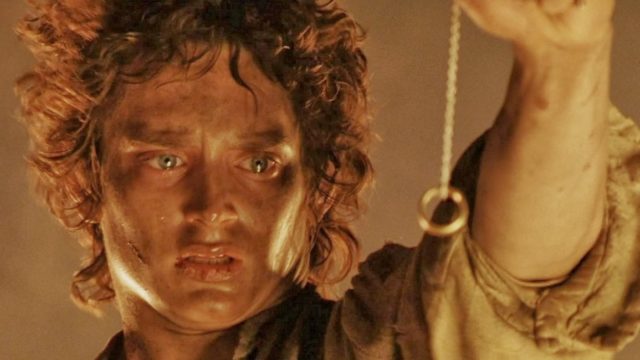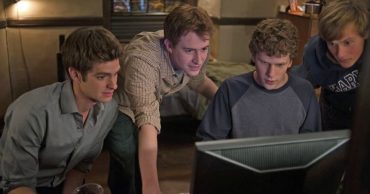
“We don’t have the faintest idea”. That line alone gets me to looking at science with a worried expression, kind of like you would look at someone that says they can’t lose weight as they’re complaining about losing their glasses while holding them in their hand. Obviously the revelations that scientists are looking for in terms of the origin of humanity aren’t quite as easy to come around to, but thinking that we’re descended from multiple humanoid species that existed around the globe is also hard to accept, though not impossible. In some ways it is very easy to believe that at one point the earth was akin to The Lord of the Rings in how humanoids were formed in different parts of the world, but in others the idea that people were so varied is hard to swallow.
It’s easy to assume that different environments would produce different people. At the genetic level however you would think that things would only be different after so many generations of living in a particular environment. This would lend credence to the idea that Neanderthals and human beings would be vastly different since considering how they lived and where. But it would lend some value to the research described by so many as to how an environment can change an entire race after years of exposure. It can be seen in the modern day just as easily as it was back in the days of early human beings. While humans were not built for extreme weather patterns our bodies are capable of adapting and learning how to deal with one extreme or another.
It’s also pertinent to point out that what affected one species could either not affect another or affect them in a much more pronounced way. The idea of the world harboring multiple humanoid species is something that is very interesting, but it raises a lot of questions that have yet to be answered. Also, the remains of those being are so filled with holes and gaps that a proper sequencing is at this point a best guess. Much as was done in Jurassic Park scientists can attempt to fill in the gaps but without any further knowledge of the races that lived so long ago, according to their findings, everything is a lot of guesswork.
That’s a part of what worries me about science since it tends to look for hard facts and is still hampered by the fact that for all the technology and all the certainty that goes into the research, what is found is a best guess scenario. It’s essentially like walking into a room after something momentous has happened and trying to divine just what it was with nothing more than the relics of what was left behind. You might get a pretty good picture of what happened by trying to recreate from the positioning of certain remains and where they’re found, but unless you were there then it’s all just best guess and conjecture that’s largely based on knowledge taken from your point of view and position in time.
They might know what they’re doing, but scientists do tend to do a lot of guessing that sometimes proves to be right.
 Follow Us
Follow Us





